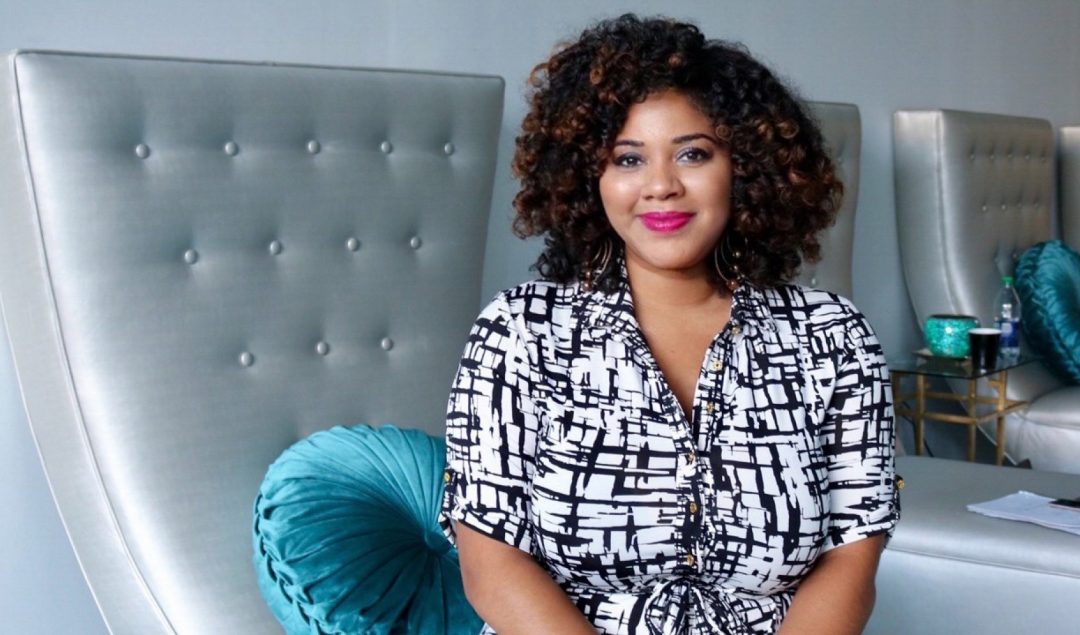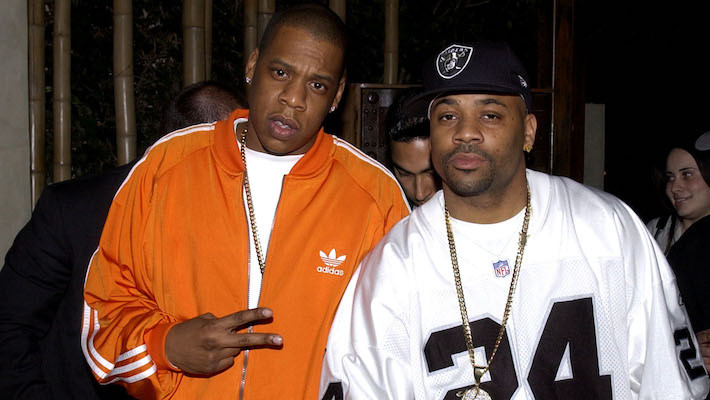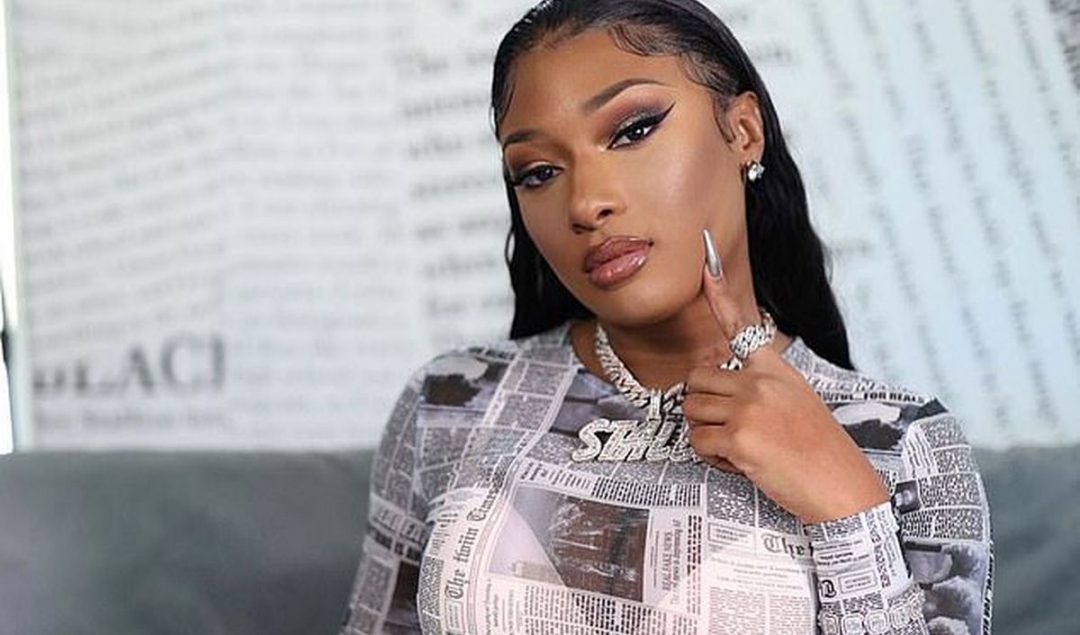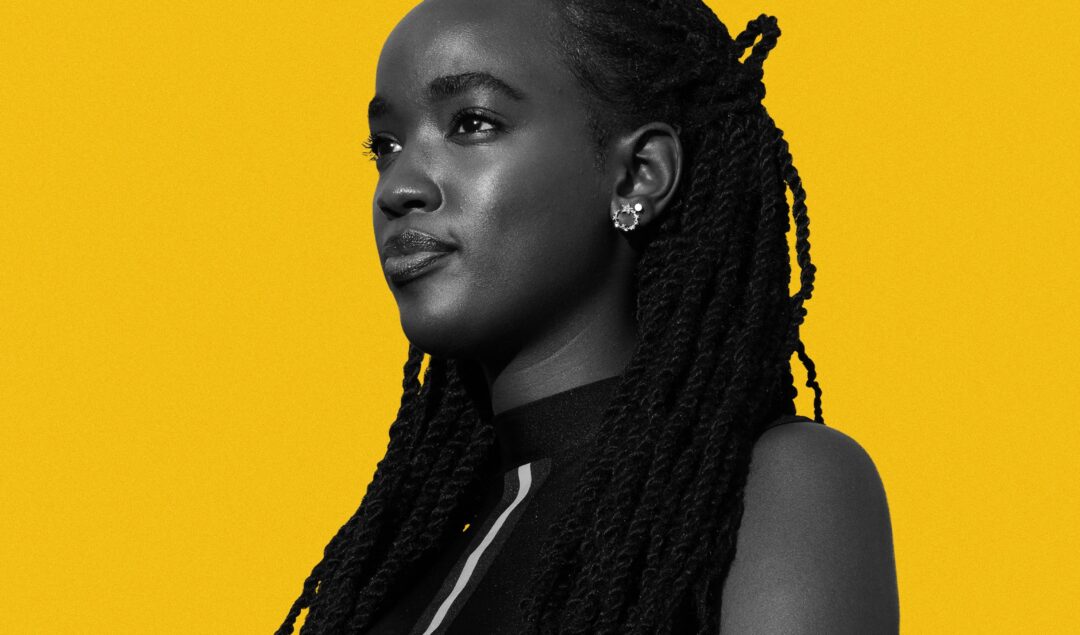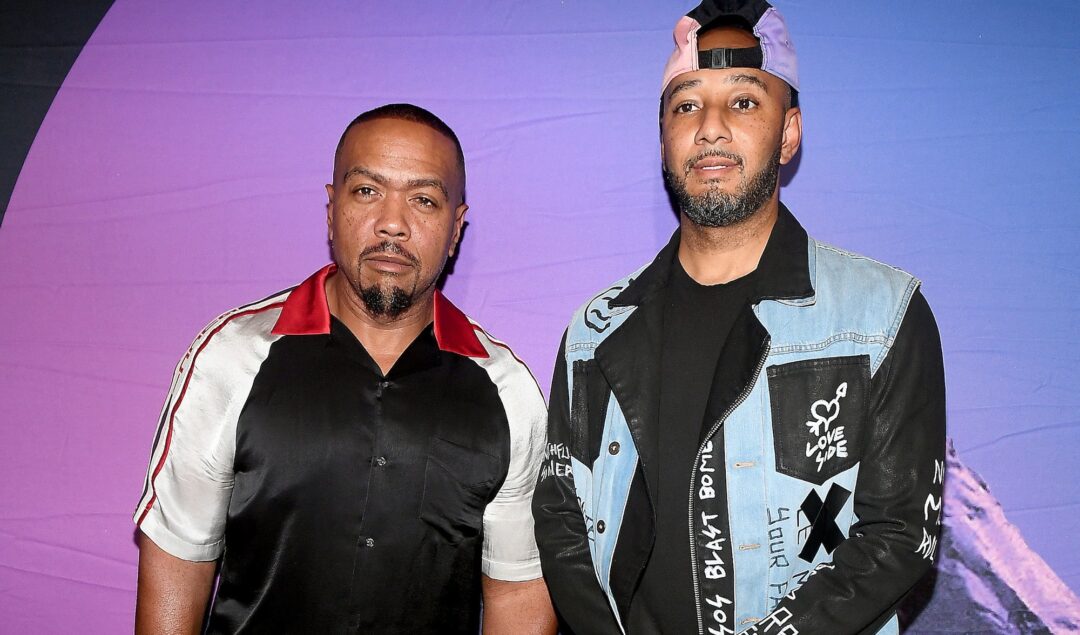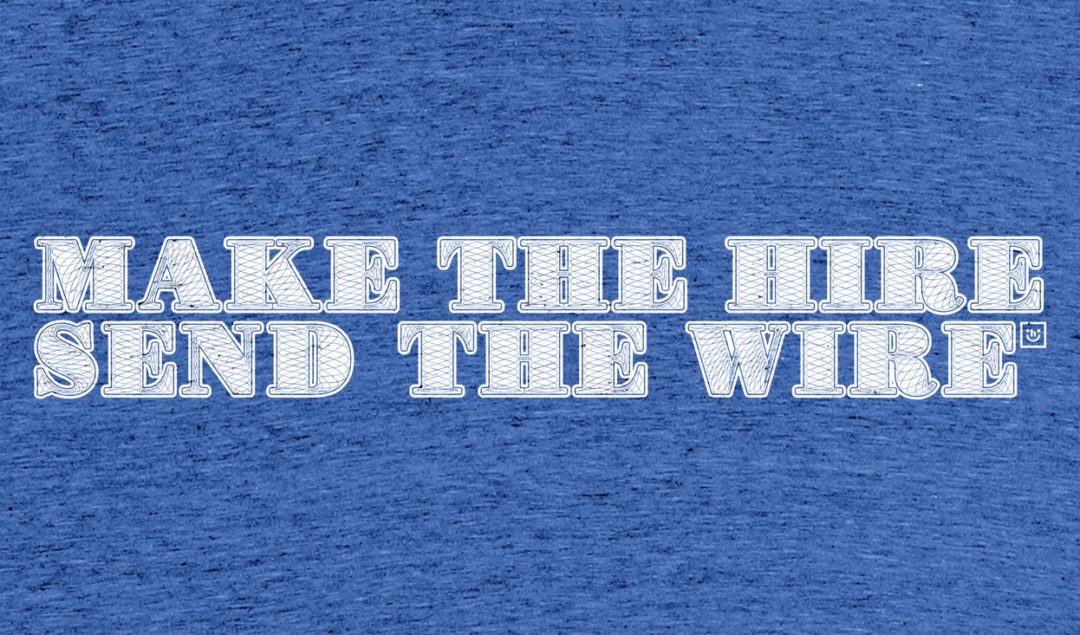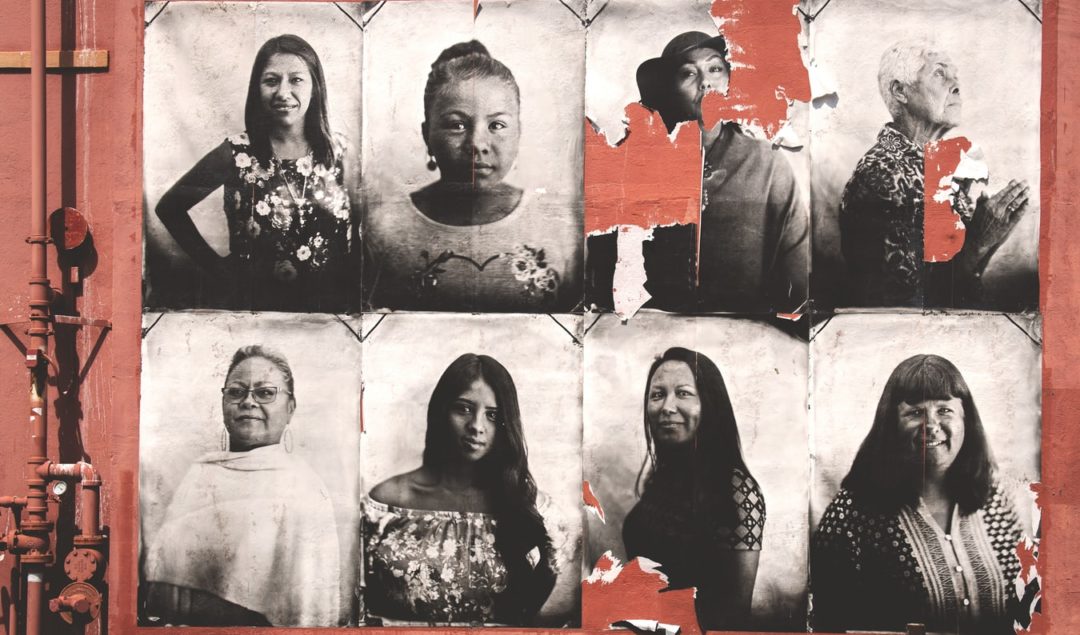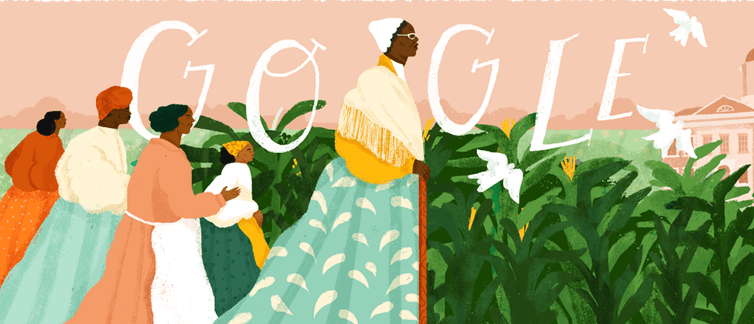This week we rounded up 8 Black-owned apps to improve your day-to-day. From an app to help you find other black businesses, a social network exclusively for people of color, and apps to help you with your mental health. Support these Black founders who are providing the tech to boost your day. ICYMI check out this list of Black founders who have created apps to improve your business and career. Take Care of Your Mental Health Originally launched as a messaging bot that gave out life advice and motivation in
Techish is back with a brand new episode! Abadesi and Michael discuss an interesting development in the NFT space. Jay Z is suing Damon Dash over his attempted sale of ‘Reasonable Doubt’ as an NFT. Are we looking at NFT wars being a thing in the future? (19:35) They also break down: T-Pain talks about mental health, autotune, and Usher comments (0:11) Lina Khan, the new chair of FTC, reviews Amazon proposed deal to buy MGM (5:18) The new wave of consumer investing and meme stocks (12:40) Airbnb’s ‘Smart Pricing’ algorithm fail and a convo
What’s happening? Black content creators are tired. Tired of having their content on Instagram, Youtube, and Tiktok generate millions for the platforms—yet receiving little to no recognition, attribution, and of course, adequate financial compensation. So while white TikTokers receive national attention and praise for dance trends, the Black creators of these viral dances are ignored. The community often takes to Twitter to call out the many instances where original creators of viral dances, many of whom are Black, receive no credit. This is not a new problem Jimmy Fallon invited white TikToker,
With the global pandemic confining many to their homes, it seemed like everyone was talking Crypto, GameStop, and Dogecoin. Many wondered, “am I the only one not getting rich?” Hello FOMO… The year indoors provided many with newfound disposable cash. The upside is a significant investment boom amongst Black millennials – with Black Americans investing in the stock market at three times the rate of their white counterparts. The investment gap This surge of activity by US Black millennials investors is closing the “investment gap”. According to an Ariel Investment and
Techish is back with a brand new episode! Abadesi and Michael discuss Triller acquiring Verzuz (the popular virtual event series) from Timbaland and Swizz Beatz while giving all 46 Verzuz performers equity in the company. (7:03) They also break down: Are the Grammys relevant anymore? (2:23) Harry & Meghan’s explosive interview (9:12) Clubhouse launches accelerator for creators (14:23) Spain to test a 4 day work week (20:09) This Episode Is Sponsored By Notion Get your Notion account here. Notion is hiring! Check out their open positions Extras: Techish on PatreonAdvertise with TechishPlease rate and review the Techish podcast Subscribe
The last few weeks (but really years) have been nothing short of emotionally challenging. In between bouts of deep sadness and profound rage, I’m a confused mess. It hurts deeply to care so much about a world that’s not designed to promote the prosperity of Black people. While I’m consistently proud of (and enamored by) the resilience of our community throughout history, I often wonder about the amount of violence a community of people can endure before the damage is irreparable. I frequently worry about the collective psyche of oppressed
When we first posted The Black Founder List during Black History Month, the world looked very different. Coronavirus was not being mentioned much in the news in the US, nor were Black founders. Fast forward to today, the Black Lives Matter movement has begun to affect how people see the Black experience across every industry, even tech. This movement is pushing people to go beyond short term solutions, as the country has begun a larger discussion around how to address racism and make the startup, tech, and venture capital industry
The importance of informal finance arrangements is a reverberating theme across Africa. Informal doesn’t necessarily mean bad or evil or dirty, it’s just that rather than rely on the heavy hand of the law, some communities prefer to place their trust in reputation and social networks for all trade commerce and financial relationships whether offline or online. Others, will turn to informal institutions of trade and finance when faced by adversity in an immediate harsh environment such as war, political instability, structural programs or lack of reliable services. For example,
A great career shouldn’t come at the expense of your identity, but this is a tradeoff many of us have to make. Written during Latinx Heritage Month, this article examines the role that remote work plays in preserving Latinx culture across the U.S. In life and in business, we talk a lot about trade-offs. We learn that we can’t have it all, that there are certain things we need to sacrifice to get ahead in life. And as a Latinx person, that often means trading off between two of the
At the start of Black History Month 2019, Google designed its daily-changing homepage logo to include an image of African-American activist Sojourner Truth, the great 19th-century abolitionist and women’s rights activist. But what would Truth say about Google’s continual lack of care and respect toward people of color? While bringing more attention to Sojourner Truth is venerable, Google can do better. As a professor and researcher of digital cultures, I have found that a lack of care and investment by tech companies towards users who are not white and male

